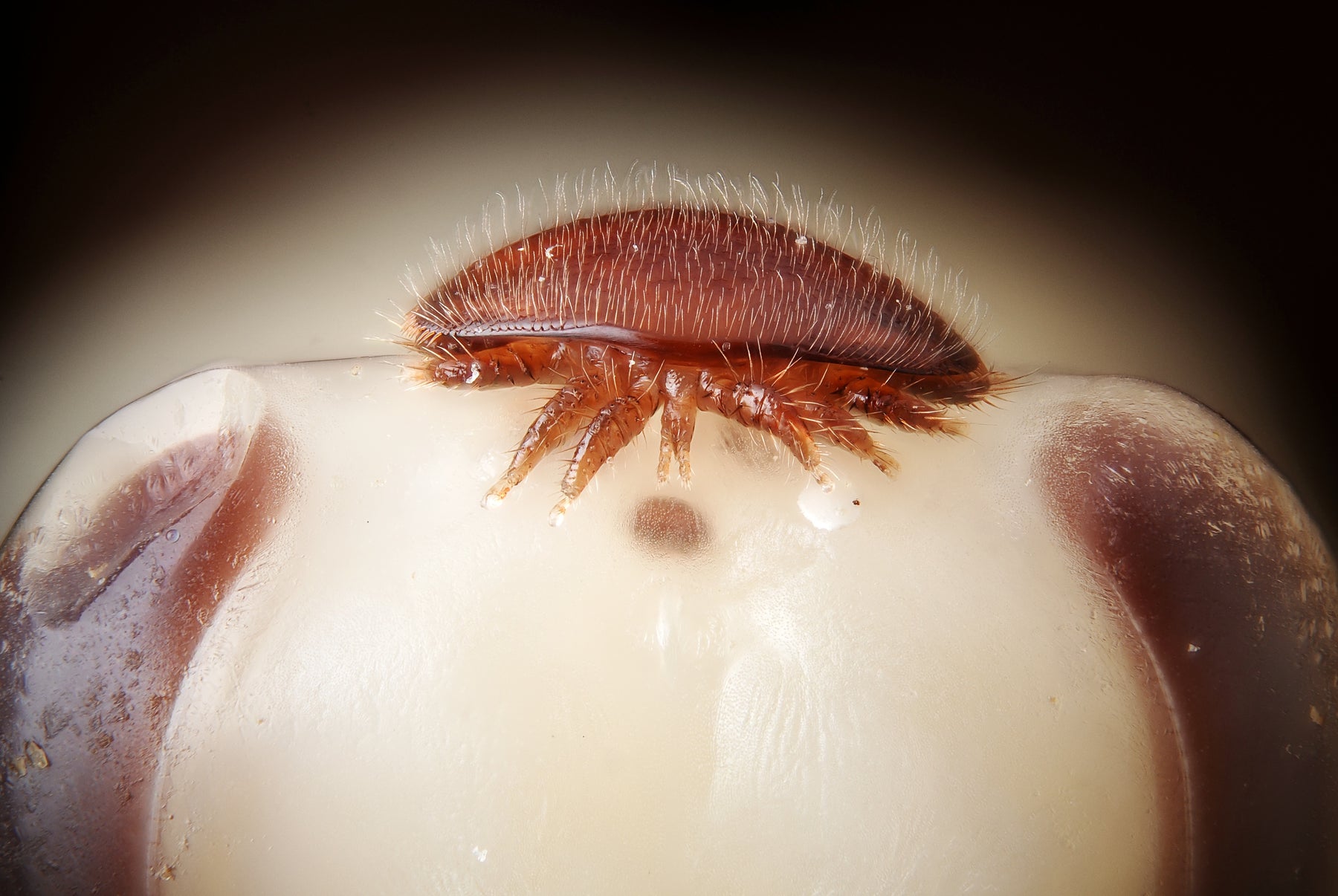
Combating Varroa Mites: Introducing the No Varroa Pro Oxalic Acid Vaporizer
Welcome back to our beekeeping blog! Today, we're diving into an essential topic for every beekeeper: managing the dreaded varroa mite, Varroa destructor. These mites are one of the most significant threats to honeybee colonies worldwide, causing severe damage and even colony collapse. But fear not, we have a solution to share – the No Varroa Pro Oxalic Acid Vaporizer.
Understanding the Threat of Varroa Bee Mites Varroa mites are notorious for their destructive impact on honeybee colonies. These parasites feed on bees, weakening them and spreading viruses. Their presence can lead to scattered brood, crippled bees, impaired flight performance, and a significantly reduced lifespan for worker bees. The most alarming fact is that varroa mites are the number one killer of bee colonies globally.
Why the No Varroa Pro Oxalic Acid Vaporizer? In the face of such a formidable enemy, the No Varroa Pro Oxalic Acid Vaporizer stands out as a heavy-duty, high-performance tool. It's designed to treat a colony for mites in under 15 minutes, with quality construction and side wings to prevent tipping over in the hive. This efficiency and stability make it an invaluable asset in your beekeeping arsenal.
How to Use the Vaporizer
- Load the Vaporizer: Place one gram of oxalic acid per brood chamber into the cup.
- Seal the Hive: Use a moist rag to seal the entrance.
- Power Up: Connect to a 12V battery for 2.5 minutes.
- Cool Down: Leave in place for an additional 2 minutes after disconnecting.
- Remove and Seal: Take out the vaporizer and seal the hive for 10 more minutes to let the vapor spread.
This simple yet effective procedure ensures that your hives are treated efficiently and safely, offering a practical solution to a problem that has led to the near extinction of wild honey bee colonies and continues to challenge beekeepers worldwide.
In Conclusion The No Varroa Pro Oxalic Acid Vaporizer is a game-changer in the battle against varroa mites. By incorporating this tool into your beekeeping practices, you can protect your colonies from these destructive pests and ensure the health and longevity of your bees.
General Questiion About Varroa Mites
1. What makes Varroa mites so dangerous to honeybee colonies?
Varroa mites feed on bees, weakening them and spreading viruses. This can lead to scattered brood, crippled bees, impaired flight performance, and a reduced lifespan for worker bees. These mites are the number one cause of colony collapse worldwide, making them a significant threat to bee populations.
2. How does the No Varroa Pro Oxalic Acid Vaporizer work?
The No Varroa Pro Oxalic Acid Vaporizer uses oxalic acid to treat hives for Varroa mites. The process involves loading the vaporizer with oxalic acid, sealing the hive entrance, and connecting the vaporizer to a 12V battery for 2.5 minutes.
3. Is oxalic acid safe for bees and humans?
Oxalic acid is a naturally occurring compound that, when used correctly, is safe for bees and humans. It is effective against Varroa mites without harming the bees.
4. How often should I use the No Varroa Pro Oxalic Acid Vaporizer on my hives?
The frequency of use depends on the level of mite infestation and the time of year. Regular monitoring of mite levels can help determine the need for additional treatments.
5. What are the advantages of using the No Varroa Pro Oxalic Acid Vaporizer over other mite control methods?
The No Varroa Pro Oxalic Acid Vaporizer offers several advantages, including its high efficiency in treating mites within 15 minutes, quality construction, and stability with side wings to prevent tipping.
For more information and to purchase the No Varroa Pro Oxalic Acid Vaporizer, visit Blythewood Bee Company.
Image: An adult female of Varroa destructor, a mite parasiting the domestic bee (Apis mellifica). Frontal view, on the head of a bee nymph. (photo credit)
Scale : mite width ~ 2 mm



Leave a comment